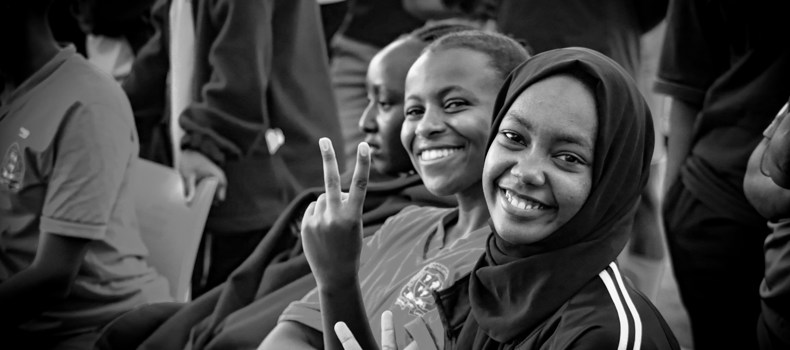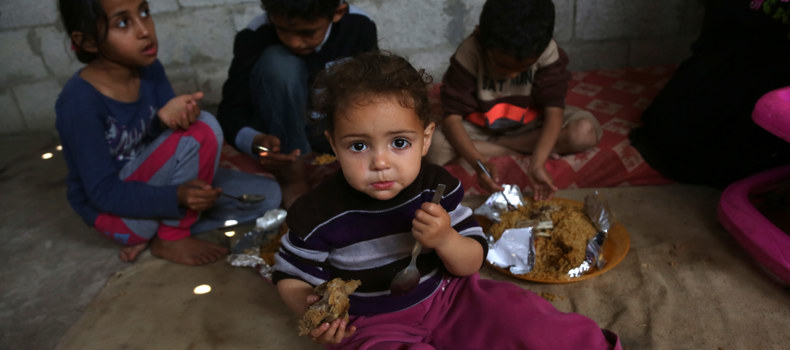Big changes ahead. Stay tuned!
Big changes ahead. Stay tuned!
Nothing here
Start typing to search
Searching..
Nothing matches
There are no matching results.
Sorry!
There has been an error.
Big changes ahead. Stay tuned!
Big changes ahead. Stay tuned!
Nothing here
Start typing to search
Searching..
Nothing matches
There are no matching results.
Sorry!
There has been an error.

Types of Sadaqah: Exploring Different Forms of Charity in Islam
Charity, or Sadaqah, holds a special place in Islam as an expression of faith, kindness, and community responsibility. The term Sadaqah meaning extends beyond financial contributions—it encompasses all forms of goodwill aimed at earning Allah's blessings. This blog explores the types of Sadaqah, highlighting their diversity and connection to other forms of Islamic charity like Waqf and Zakat.
Monetary vs. Non-Monetary Sadaqah
Sadaqah can be divided into two broad categories: monetary and non-monetary, emphasizing that charity isn’t restricted to wealth.
Monetary Sadaqah
This involves direct financial contributions, including: Donating to help the poor and needy. Supporting community initiatives, such as building wells or funding education. Providing interest-free loans to those in financial distress.
Non-Monetary Sadaqah
Non-monetary Sadaqah is equally valuable in Islam and includes: -Helping someone carry their belongings. -Volunteering time or skills to assist others. -Smiling at a stranger or offering kind words.
Both forms serve as a reminder that the spirit of charity lies in intention and effort, not just financial capacity.
Sadaqah Jariyah (Ongoing Charity) vs. One-Time Sadaqah
Another distinction among types of Sadaqah in Islam is between ongoing charity (Sadaqah Jariyah) and one-time acts of charity.
Sadaqah Jariyah (Ongoing Charity)
This form of charity known as Sadaqah Jariyah, continues to benefit others and earn rewards for the giver even after their death. Common examples include:
One-Time Sadaqah
This includes immediate acts of kindness or donations, such as:
While both are praiseworthy, Sadaqah Jariyah ensures a legacy of continuous rewards.

Common Forms of Sadaqah in the Muslim Community
The forms of Sadaqah practiced by Muslims are as diverse as the needs they aim to fulfill. Some common examples include:
Supporting Education: Donating to build schools or fund scholarships, aligning with the concept of educational endowment (Waqf).
Healthcare Aid: Funding hospitals, medical treatments, or health-related campaigns.
Water Projects: Constructing wells or water distribution systems for communities in need.
Feeding the Poor: Organizing food drives or paying for meals.
These initiatives demonstrate how Sadaqah can address critical social needs, embodying the spirit of Islam’s community-oriented values.
Spiritual Sadaqah: Prayers, Smiles, and Good Deeds
In Islam, Sadaqah isn't confined to material contributions. Spiritual acts, often overlooked, are also powerful forms of charity.
Examples of Spiritual Sadaqah:
These simple acts highlight that everyone, regardless of wealth, can practice charity daily.

Choosing the Right Type of Sadaqah for You
Selecting the right type of Sadaqah depends on your abilities and the needs of your community. Consider these steps:
Assess Your Resources: Whether it's time, money, or skills, identify what you can offer.
Align with Long-Term Impact: Opt for initiatives like Sadaqah Jariyah or Waqf, which leave a lasting legacy.
Leverage Online Platforms: Many organizations allow you to contribute to water, education, or health projects online, making it easier to participate in global causes.
By understanding the different types of charity in Islam, you can contribute meaningfully to the welfare of others.
Difference Between Waqf, Zakat, and Sadaqah Jariyah
While all are forms of Islamic charity, each serves a distinct purpose:
Zakat
A mandatory pillar of Islam, Zakat involves giving a fixed portion of one’s wealth annually to purify earnings and assist the underprivileged.
Sadaqah Jariyah
A form of ongoing voluntary charity, Sadaqah Jariyah supports projects with long-term impact, such as building infrastructure or funding education.
Waqf
A type of endowment, Waqf is a donation of an asset or property that generates sustainable benefits, often funding community projects like schools or mosques. Waqf aligns closely with Sadaqah Jariyah, as both focus on creating enduring impacts.
Ready to Make a Difference?
Your contribution to Sadaqah can transform lives and strengthen your bond with Allah. Whether you choose to donate financially or offer acts of kindness, every effort matters.
Explore opportunities to participate in Sadaqah Jariyah or establish a Waqf to leave a lasting legacy of goodwill. Visit our dedicated page on Sadaqah Jariyah and Waqf projects to learn more and contribute to impactful causes today.
Remember, charity in Islam is not just a duty—it’s a pathway to spiritual growth and social harmony. Embrace the opportunity to give, and reap the rewards in this world and the Hereafter.